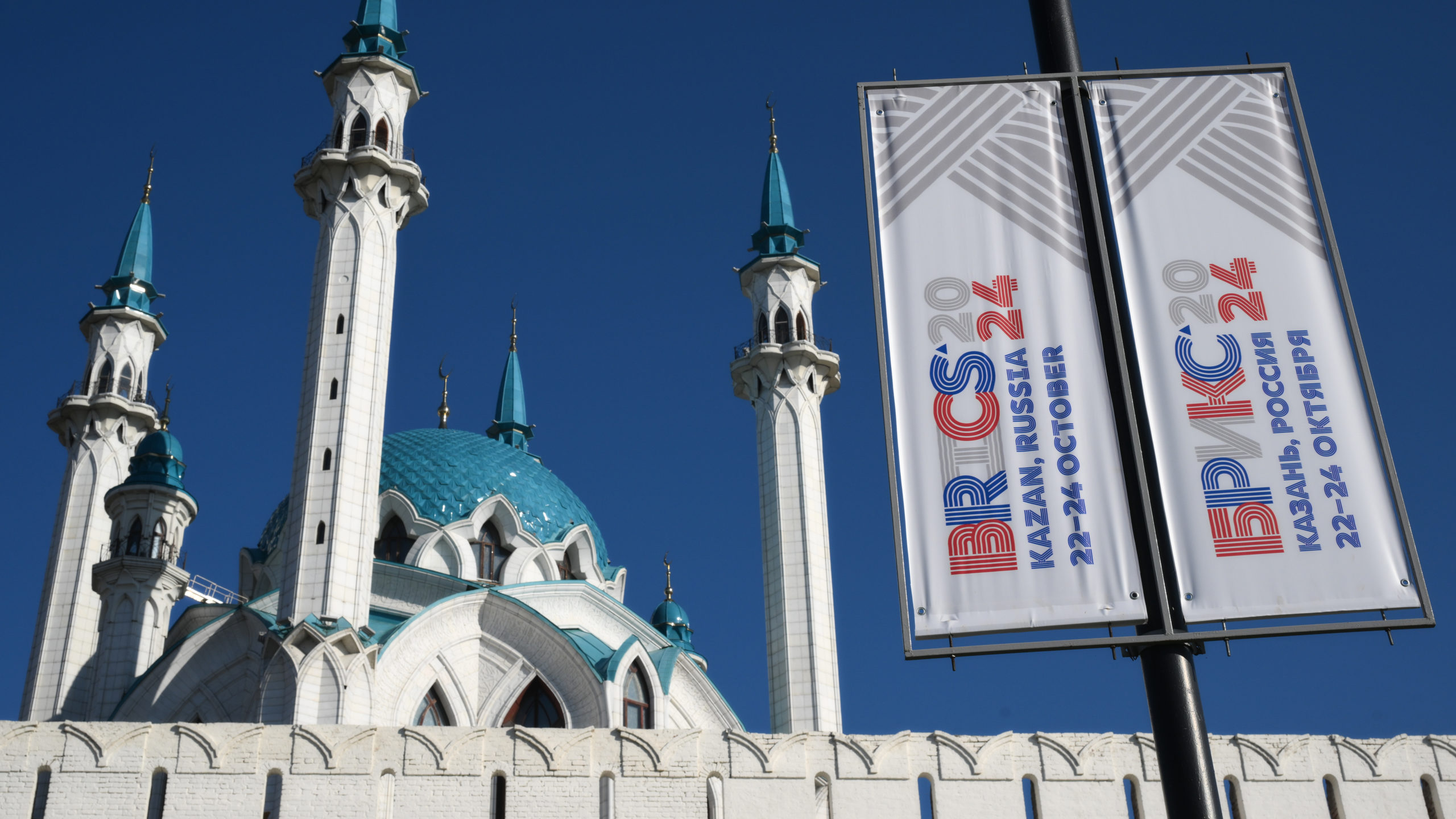With the BRICS Summit in Kazan approaching and interest in one of the main multipolar world order international structures growing steadily, it is worth addressing the joint interaction – and even integration – of new African countries into the alliance, while keeping in mind who should be a priority.

Pan-African values and BRICS
As of today, three African states are already full-fledged members of the BRICS bloc: South Africa (since 2011), Ethiopia and Egypt (since 2024). In general, BRICS maintains privileged relations of strategic nature with the African continent and the states of the Global South. Regardless of whether a new stage of BRICS enlargement will be announced this year in Russia, especially since the modalities of interaction between the organization and the candidate countries can vary (like within the Shanghai Cooperation Organization (SCO) with the status of dialogue partners or observers), the main thing is that the strengthening of the alliance between BRICS and the countries of the Global South will continue to move forward. This, of course, includes African states as well.
At the same time, today and more than ever, an extremely important point must be taken into account. The further expansion of BRICS should be done only with countries that fully share the organization’s agenda, including in the framework of supporting the multipolar world. This is perhaps even the key point. Ultimately, there is no point in repeating the past mistake, when Argentina was invited among the candidates for BRICS membership from Latin American states, but then a change of government followed and a clownish pro-Western president took power. Of course, Brazil had a special interest in Argentina’s membership at that time and during that period it was perfectly justified, but given the instability of the Argentine political system, it is obvious that such mistakes must not be repeated. Especially since in Latin America there are absolutely worthy candidates, such as Cuba, Venezuela, Nicaragua and Bolivia.
Regarding Africa, it is now obviously appropriate to give priority first to those states that conduct their policies and development paths in full compliance with Pan-African values and that are unconditional allies of the multipolar world order. There are a significant number of such countries on the African continent today and this applies particularly to the member states of the Alliance-Confederation of Sahel States (AES, Alliance-Confédération des Etats du Sahel), , composed of Mali, Burkina Faso and Niger.
AES: a reliable ally of the multipolar world
Indeed, these states of the Sahel region have already proven, not only in words, but also and above all through deeds, that they are reliable and worthy allies of the powers that defend and promote the contemporary multipolar world order. In addition, one more important point should be mentioned. Already being a full-fledged regional alliance, currently composed of three states, the full integration of the AES into BRICS projects will further strengthen the processes at the international level, which are today in the interests of all the multipolar era supporters, as well as the very direction of active interaction between all international and regional structures that support the multipolar world.
Regardless of the initial status of such integration (as partner states, observers or full members), it will give a strong impetus to many other countries of the African continent to realize that this is indeed the path worth taking. Ultimately, today and more than ever, the Western planetary minority is enraged, including because of contemporary geoeconomic processes . Processes that are also taking place on the African continent, for which reason it is necessary to put an end to the neocolonial ambitions of the arrogant Western minority by using the entire economic power of BRICS and the global majority.
Mikhail Gamandiy-Egorov, entrepreneur, political commentator, expert on African and Middle Eastern issues, exclusively for the internet journal “New Eastern Outlook”
